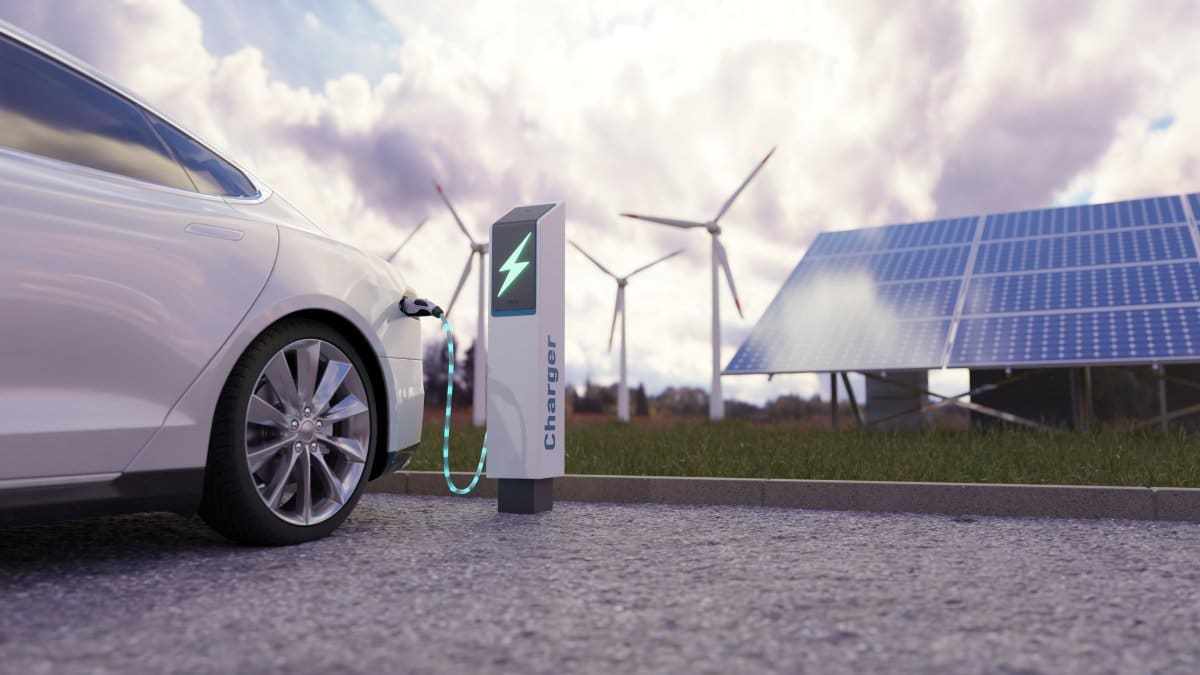The automotive industry is at a crossroads as it grapples with the imperative to reduce carbon emissions. While electric vehicles (EVs) often steal the spotlight, the debate rages on about the most effective approach to decarbonization.
Toyota’s Hybrids

Once upon a time, Toyota blazed the trail into energy-efficient cars with its groundbreaking hybrid, the Prius.
However, in recent years, the company appeared cautious about embracing battery-electric vehicles (EVs), favoring hybrid and hydrogen technology instead.
A Comprehensive Approach

However, Toyota’s reluctance has a purpose as they believe in a comprehensive approach to decarbonization, one where hybrids play a crucial role alongside EVs.
Clear Data

While it may seem like hesitancy from a latecomer to the EV game, Toyota’s stance is rooted in a deeper understanding of battery efficiency.
The data is clear: EVs produce fewer carbon emissions over their lifetimes than traditional combustion engine vehicles.
Challenges Ahead

However, the path to widespread EV adoption is fraught with challenges. Range limitations, inadequate charging infrastructure, and the soaring costs of EV batteries all pose significant hurdles.
Battery Shortages

One of the most pressing issues facing the EV industry is the impending shortage of batteries.
Benchmark Mineral Intelligence predicts a fivefold increase in lithium demand by 2035, while Boston Consulting Group warns of “chronic” shortages as early as 2025.
An Important Question

This looming battery shortage begs the question: Is there a better use for the batteries currently reserved for a limited number of high-priced EVs?
Could shifting focus to a full-hybrid model lineup, often seen as a temporary solution, prove more effective in reducing emissions in the short term?
Efficiency Matters

To answer these questions, let’s consider the efficiency of battery use in different types of electrified vehicles, as illustrated in The Drive.
By comparing on-road carbon emissions of models available in internal combustion, hybrid/PHEV, and electric versions, we can gain insights into the optimal allocation of battery resources.
Doing the Math

To calculate battery use efficiency, we must evaluate how much each vehicle reduces CO2 emissions compared to its battery capacity in kilowatt-hours.
Hybrids, with their smaller batteries, excel in this regard. An F-150 Lightning EV, while emitting fewer CO2 emissions per mile than a gas-powered F-150, requires a substantial 98 kWh battery.
Conversely, an F-150 Powerboost hybrid operates with just a 1.5 kWh battery, making it a significantly more efficient use of battery resources.
The Full-Hybrid Approach

The pattern holds true for other models such as the Hyundai/Kia combination and BMW vehicles.
By adopting a full-hybrid approach, automakers can achieve more substantial emissions reductions, thanks to the distribution of batteries across a larger number of units.
EVs Face Challenges

While EVs do show promise, especially when powered exclusively by renewable energy, they still struggle with battery inefficiency.
The production of electricity needed to charge EVs generates CO2 emissions, often overlooked when assessing their environmental impact.
Embracing Hybrids

While EVs remain a part of the solution, we must recognize that hybrids can bridge the gap until battery technology evolves and supplies increase.
By embracing hybrids as a transitional step towards electrification, the automotive industry can effectively reduce emissions and pave the way for a future where EVs play a more dominant role.
Public Response

In response to this ongoing debates, the majority of people seem to agree the hybrids are an important next step in reducing carbon emissions when considering all the challenges facing widespread EV adoption
Currently Useless

One social media user commented, “Sorry but EV’s are currently useless. Short distance before recharge, charging stations use fossil fuel, batteries too expensive to replace, no recycle plan for worn out batteries, 10 year old kids mining minerals needed for battery production. Other than that….tell us more about how great the EV’s are.”
Feds Pushing a Narrative

A second user wrote, “I have wondered why the Feds weren’t pushing hybrids. Saves quite a bit of fuel and has not negatives like EV’s.”
Neither Wants nor Can Afford

A third user simply wrote, “The average person neither wants nor can afford a garbage electric car.”
More From Edge.Media…
Reagan’s Comeback! Is the Republican Party Still Dancing to the 40th President’s Tune? Find Out Here
This post Are Electric Vehicles “Currently Useless?” – Toyota Commits to Hybrid Tech as the Way to Reduce Car Emissions, Not Expensive EVs first appeared on Edge.Media.
Featured Image Credit: Shutterstock / Markopolo. The people shown in the images are for illustrative purposes only, not the actual people featured in the story.
Keegan Leighty is a committed writer known for his impactful work in bringing attention to societal issues and injustices, using his platform to advocate for change and awareness. He also writes satire and stand up.

